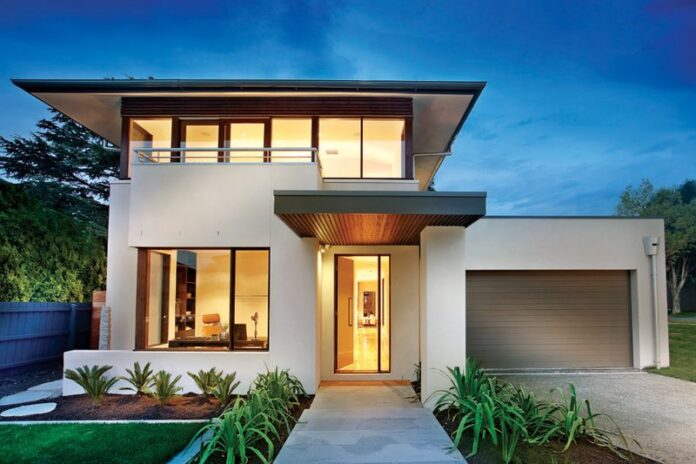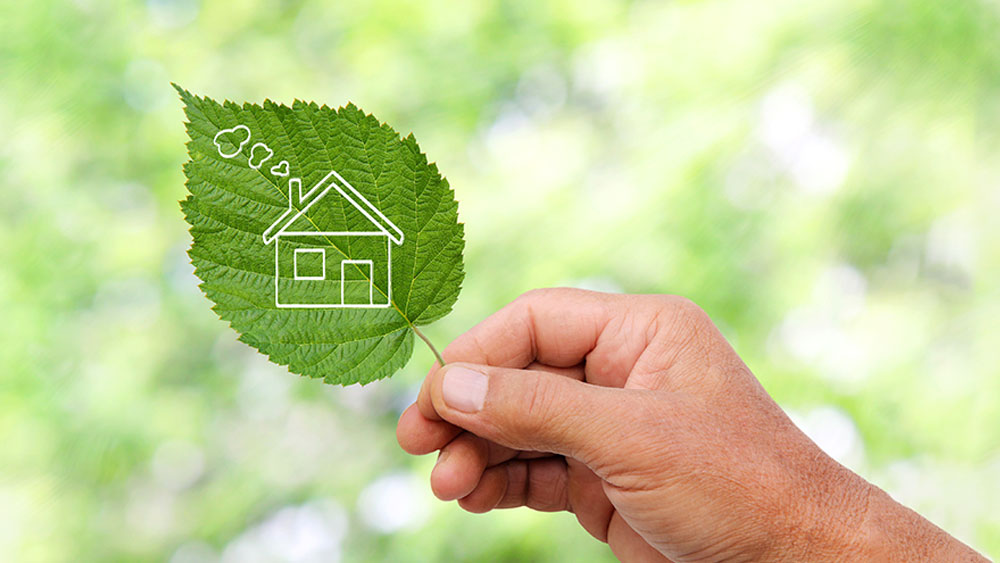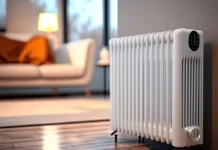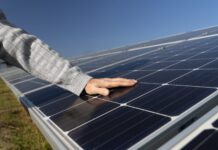Making your home more energy efficient is one of the most effective means of saving the environment and your money. While it is not as clear a declaration of eco-friendliness as buying an electric car or recycling plastic, making sure your house is as efficient as possible is enormously beneficial to the environment by lowering your household demand for electricity.
There are a number of ways you can make your house more energy-efficient, but deciding which route to take depends on a range of factors – not least your budget.
There is no one size fits all method to increase energy efficiency. A century-old mansion will require different alterations to a two-bedroom new build. However, the fundamental principles of energy efficiency remain and can help guide you towards the most appropriate solution.
Here’s how to make your home more energy-efficient:
Make sure your house retains its heat efficiently
The most overwhelmingly powerful solution to increasing your home’s energy efficiency is to help it retain heat better. The reason for this is simple. The more heat your house retains, the less energy you will need to heat it during the colder months.
There are many ways to increase this efficiency – all of them structural. If your home struggles to retain heat for any meaningful length of time, you will need to increase the amount of insulation in the walls and roof.
This is one of the first steps you should take to address your home’s efficiency, regardless of budget. It is crucial to at least have an understanding of how well your house retains heat because it will help you regulate your central heating cycles better.
If you are making an insulation upgrade, it may be worth checking the condition of the roof itself. Given that it is difficult to regularly inspect the roof, you may find it is worse than you imagined. Naturally, this can affect the overall insulation of the house, so consider consulting with a specialist like Signature Roofing Company.
Consider using smart plugs
It is easier than ever to make your home more energy-efficient, thanks to the rise of technology like smart plugs, which allow you to remotely control electrical appliances from your smartphone.
Although it may sound like a gimmick, smart plugs have genuine potential. This is because you can constantly monitor whether you have left a light on downstairs, if an appliance is draining electricity (such as a TV on standby) and if you’ve forgotten to turn an appliance off when you’ve left the house.
This last benefit alone can potentially save you considerable amounts of electricity. Just imagine if you left a light or two on accidentally when you rushed out the door to the airport.
You would previously have had to endure a whole holiday with those lights draining your electricity supply. Instead, with a smart plug system, you can ensure all lights are off before you leave the house.
Smart showers are beginning to transform energy efficiency
In the same vein as smart plugs, smart showers allow you to remotely control your showers from an app on your smartphone or device. The benefits of this are clear, especially if you are part of a large household.
Showers consume a great deal of energy and can potentially waste a considerable amount of water, too. Neither of these issues are good for the environment or your wallet, so having greater control over your shower can help you keep on top of it.
The control allows you to set each shower to a certain length. After the time is up, the water will cut off. It stops you from wasting time, water and energy, and cuts down on household bills if you have multiple people showering per day.
While you may think this too much control to excerpt over a daily shower, it does offer convenience, too. You can set the optimum temperature and run it just long enough to warm up by the time you jump in.
Furthermore, this temperature can be locked, preventing anyone from manually turning it up and wasting hot water. Naturally, the less hot water you use, the less energy will be required to heat the tank in the first place.
Harness the natural energy around you
A fantastic way to increase your home’s energy efficiency is to harness the natural resources all around you and produce energy yourself, rather than relying on the national grid.
Although this option may not be possible for certain types of property (such as apartments), using renewable energy is an extremely productive and sustainable way to subsidize your energy consumption.
You could, for example, secure a solar panel or two on your roof or position a small wind turbine in your garden. This is especially useful for properties located in areas of extreme weather, such as heat, sunlight, and wind. This is also useful if you own an electric car but are worried about it draining energy from fossil fuel suppliers.
Don’t overheat your home or let it get too cold
A simple method you can use to reduce your energy consumption and make your home more energy efficient is to maintain a stable temperature at all times.
It is easy to believe that by turning off your heating for longer, you are using less energy. This is a misconception because your house will rapidly drop in temperature. If you leave your heating off for more than a day, it will likely require a huge amount of energy to heat it back up again.
Instead, use the approach of little and often. Keep your temperature at a steady level, and you will use less energy as a result.
This is particularly important if you are going away on holiday. Unless you are going away for a considerable amount of time, it is useful to keep your heating on, even if it is at a lower overall temperature. This will help your home become more energy-efficient.




















